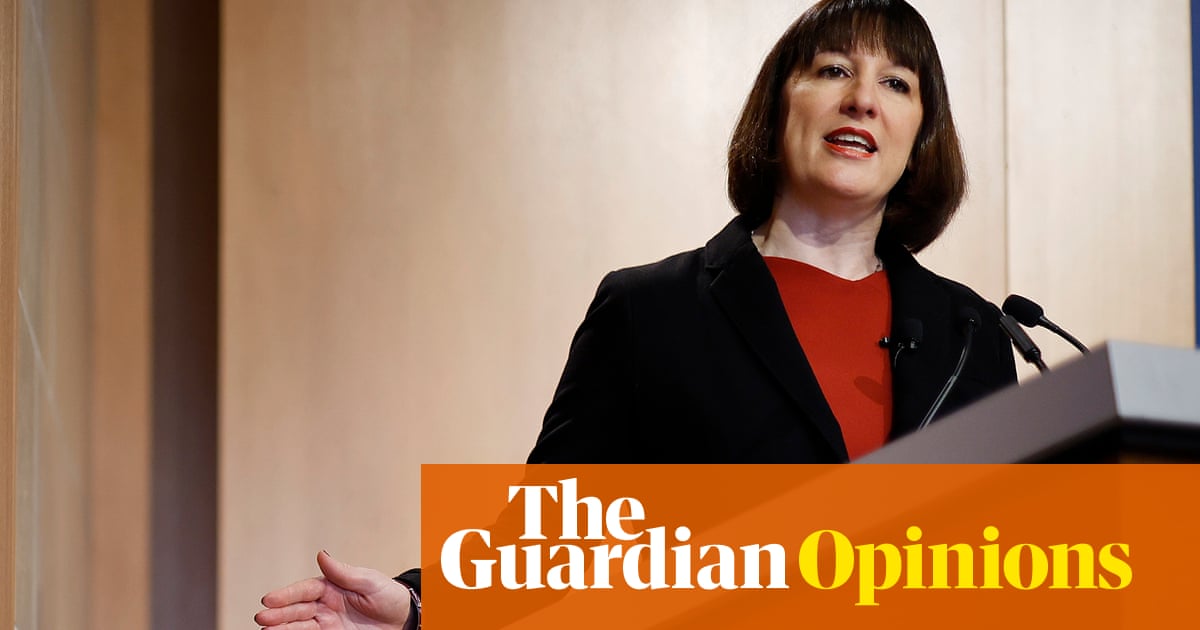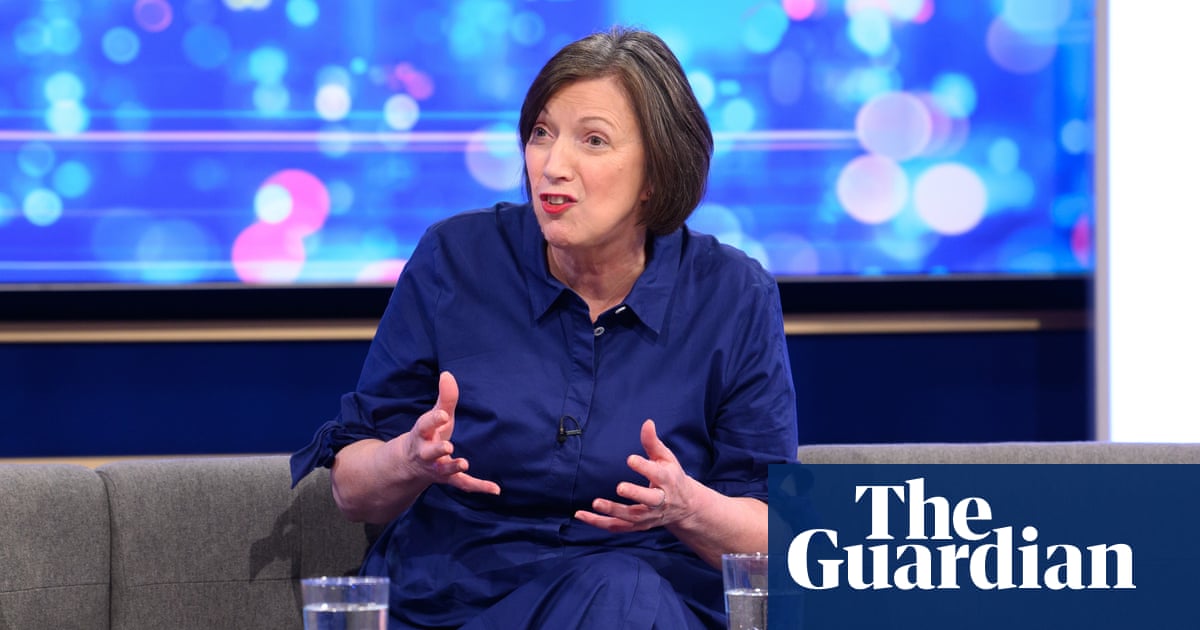
Rachel Reeves has promised to close the gender pay gap “once and for all” and make flexible working the norm if she becomes Britain’s first female chancellor.
In an interview with the Guardian, the shadow chancellor said she wanted to shatter the “last glass ceiling in politics” and felt a “big responsibility” to use the Treasury to improve the position of women across the UK, including by making sure they were properly rewarded at work.
A Labour government would make flexible working the default from day one for all workers, except where it is not reasonably feasible, while big companies with more than 250 staff would be required to publish, and then bring in, action plans to close the gender pay gap.
Reeves said she planned to pull other policy levers including creating more nursery places and free school breakfast clubs, reviewing parental leave within the first year of government, and working with business to appoint more female executives.
The gender pay gap in the UK currently stands at 14.3%, according to the TUC, and would take 20 years to wipe out if it continues to fall at the same rate. It is worse in some sectors such as finance, banking, law and education.
In her interview, Reeves said she was inspired by influential Labour women, including Barbara Castle, who brought in the Equal Pay Act, Harriet Harman, who introduced the Equalities Act, and Ellen Wilkinson, one of the first Labour women in parliament.
Reeves said: “I feel like in many ways, I’m standing on their shoulders, and the same way that they have made achievements for women, I want to do the same.
“In the position of chancellor, I believe the biggest impact that I can make to the lives of ordinary women, women who go out to work, is to close the gender pay gap once and for all. That’s what I’m setting out to do.”
However, Labour would not legally enforce businesses to reduce the gender pay gap, saying it wants to work with them instead, although they would be obliged to implement an action plan. This would not apply to small businesses “at this stage” as they were already under a lot of pressure, Reeves said.
“This is not about naming and shaming,” she added. “It’s just saying we recognise there are some sectors, some firms, where historically there have been a lot more men than women, but everybody can do something to close that gender pay gap.”
Reeves, who would become the first female chancellor in UK history if Labour wins the election on 4 July, conceded that while it would be an achievement, it also brought with it a significant responsibility.
“I hope that one of the things I can do if I become the first ever female chancellor is show that there are no jobs that women can’t do,” she said.
“This will be the last big job in government that a woman has never done. We have never had a woman in charge of the nation’s finances. I think that carries with it a big responsibility … It’s the last glass ceiling in politics.”
Reeves wants women to occupy 50% of the seats on company boards – the figure currently stands at 42% – but said there should be more focus on increasing the number of female executives. Just a handful of FTSE 100 firms have them.
“Yes, of course. But I think there is a bigger problem here. The area where still a lot more progress needs to be made is women in executive positions … I want women on the board not just as non-execs but also as execs making the day-to-day decisions.”
Labour has said it would open 3,000 new nurseries in school settings after signing up to the government’s policy to offer 30 hours of free childcare a week to parents of children aged nine months and over, starting next year.
Reeves denied there was a lack of funding to recruit more staff, despite a study by the Department for Education suggesting the government would need to recruit 40,000 more people by September 2025 to fulfil its pledge.
“The government has already funded the additional places but the problem is it’s difficult for parents to take up those places because they don’t exist,” she said. “So at the moment the money is not being spent because parents can’t get the places in nursery.”
Labour would also provide fully funded breakfast clubs for every primary school in England, which Reeves said would give parents more time to get to work, to take a job further from home or to take on extra hours “which means more money in the pockets of working families”.
Despite the UK having one of the lowest rates of statutory maternity pay in Europe, Reeves refused to make any commitment to increase it. “There’s lots of things that we might like to do, but I’m not going to make any commitments around spending,” she said.
Instead, the party has promised to review parental leave, which will become a day one right, within a year of the election. There will also be an entitlement to flexible working, as long as it is “reasonably feasible” for the workplace.
“A lot of my friends, when they returned to work after having children, they wanted that flexibility and if their employer wasn’t able to give them that, they didn’t go back or they found somewhere else to work,” she said.












